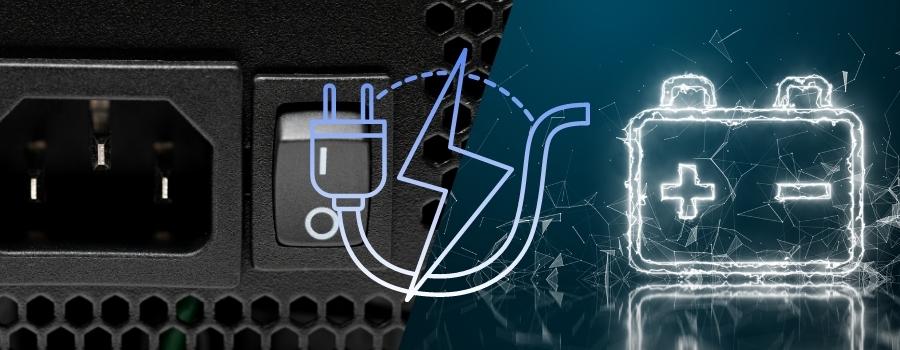The quality of a power supply is a critical factor in the overall stability of a computer system. A high-quality power supply can also help prevent hardware damage and prolong the lifespan of the system’s components.
How Does Power Supply Quality Impact System Stability?
The power supply is critical in any computer system, providing stable and reliable power to all other components. The quality of the power supply can have a significant impact on the overall stability of the system.
A low-quality power supply with poor voltage regulation, low-quality components, or inadequate power output can result in system instability, crashes, and even component failure. For example, if the voltage regulation is poor, the output voltage may fluctuate too much, causing unstable system performance or even hardware damage. Similarly, if the power supply cannot provide enough power to meet the system’s demands, it may cause crashes or damage to the components.
On the other hand, a high-quality power supply with good voltage regulation, high-quality components, and adequate power output can ensure stable and reliable system performance. Such a power supply can provide a stable and consistent power supply to all components, which can help ensure that the system runs smoothly and without issues. In addition, a high-quality power supply is more likely to have built-in safety features, such as overvoltage and overcurrent protection, which can help prevent damage to the components in case of power surges or other issues.
Therefore, when building or upgrading a computer system, choosing a high-quality power supply that can provide stable and reliable power to all components is important, ensuring that the system runs smoothly and without issues.
Efficiency rating
One of the most important factors in power supply quality is the efficiency rating. The efficiency rating of a PSU measures how much of the power it draws from the wall outlet is converted into usable power for the system. The efficiency rating is a percentage, indicating how much incoming power is converted into usable DC power, with the rest wasted as heat.
A higher efficiency rating means less waste heat generated and more stable voltage delivery to the components. The power supply can improve system stability and longevity. An inefficient PSU can cause voltage fluctuations, leading to system instability and damage to the hardware.
Voltage regulation
The regulation of the output voltage is an important factor in power supply quality that affects system stability. A higher power supply quality will maintain a consistent output voltage, even under varying loads. Voltage fluctuations can cause the system to crash or fail, damaging the hardware components.
Voltage fluctuations can be especially problematic in sensitive electronic devices that require a stable power supply quality, such as computers, telecommunication equipment, and medical devices. In an ideal power supply quality, the output voltage would remain constant regardless of changes in the load.
Component quality
Power supplies are complex systems with many components, such as transformers, capacitors, resistors, diodes, and transistors. The quality of the components used in a power supply plays a significant role in its performance and reliability. High-quality components like capacitors and transformers can improve efficiency, reduce heat generation, and improve voltage regulation.
Lower-quality components can lead to higher failure rates and lower overall performance. For example, if low-quality components are used, they may not be able to handle the voltage and current levels required by the power supply, leading to overheating, component failure, and even fire hazards.
Wattage rating
The wattage rating of a power supply quality indicates how much power it can deliver to your system’s components. To determine the appropriate wattage for your power supply, you need to consider the demands of your system of the various components, such as the CPU, GPU, RAM, hard drives, and other peripherals.
It is important to consider the wattage rating and the power requirements of the system’s components to ensure that you choose a power supply that can deliver enough power to the system and keep it running, stable, and reliable.
Conclusion
A higher power supply quality can deliver stable, reliable, and efficient power to your system’s components. By choosing a high-quality power supply with a high-efficiency rating, consistent voltage regulation, and high-quality components, you can ensure that your system receives a steady and clean supply of power, which can improve stability, reduce downtime, and extend the lifespan of your components.
Read: Popular Single-board Computers
ADDITIONAL NOTICE: Visit TechGolly.com to stay informed about technology news, discussions, trends, advice, opinions, directories, insights, and markets. TechGolly covers a wide range of the latest technology news, including business news, product news, stock market news, future tech news, and research news.


